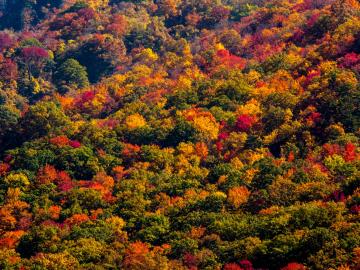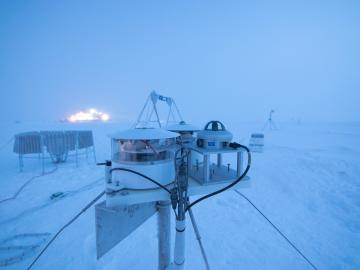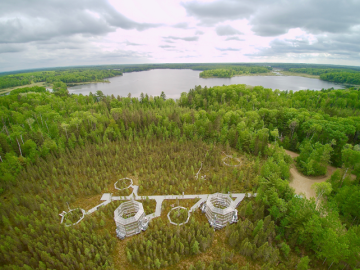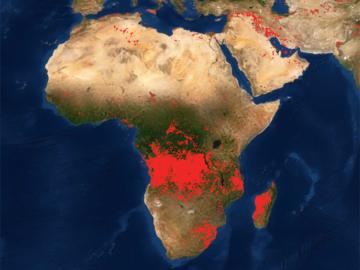Filter News
Area of Research
News Topics
- (-) Climate Change (5)
- (-) High-Performance Computing (1)
- 3-D Printing/Advanced Manufacturing (13)
- Advanced Reactors (10)
- Artificial Intelligence (6)
- Big Data (9)
- Bioenergy (6)
- Biology (4)
- Biomedical (16)
- Biotechnology (1)
- Chemical Sciences (2)
- Clean Water (2)
- Computer Science (26)
- Coronavirus (14)
- Cybersecurity (2)
- Energy Storage (14)
- Environment (16)
- Exascale Computing (2)
- Frontier (1)
- Fusion (12)
- Grid (6)
- Isotopes (4)
- Machine Learning (5)
- Materials Science (19)
- Mathematics (2)
- Mercury (1)
- Microscopy (5)
- Molten Salt (1)
- Nanotechnology (5)
- Neutron Science (13)
- Nuclear Energy (23)
- Physics (8)
- Polymers (3)
- Quantum Science (6)
- Security (2)
- Space Exploration (1)
- Summit (10)
- Sustainable Energy (12)
- Transformational Challenge Reactor (3)
- Transportation (9)
Media Contacts


A multi-institutional team, led by a group of investigators at Oak Ridge National Laboratory, has been studying various SARS-CoV-2 protein targets, including the virus’s main protease. The feat has earned the team a finalist nomination for the Association of Computing Machinery, or ACM, Gordon Bell Special Prize for High Performance Computing-Based COVID-19 Research.

Researchers at Oak Ridge National Laboratory were part of an international team that collected a treasure trove of data measuring precipitation, air particles, cloud patterns and the exchange of energy between the atmosphere and the sea ice.

Oak Ridge National Laboratory scientists evaluating northern peatland responses to environmental change recorded extraordinary fine-root growth with increasing temperatures, indicating that this previously hidden belowground mechanism may play an important role in how carbon-rich peatlands respond to warming.

Researchers at Oak Ridge National Laboratory developed a method that uses machine learning to predict seasonal fire risk in Africa, where half of the world’s wildfire-related carbon emissions originate.
An international team of scientists found that rules governing plant growth hold true even at the edges of the world in the Arctic tundra.




